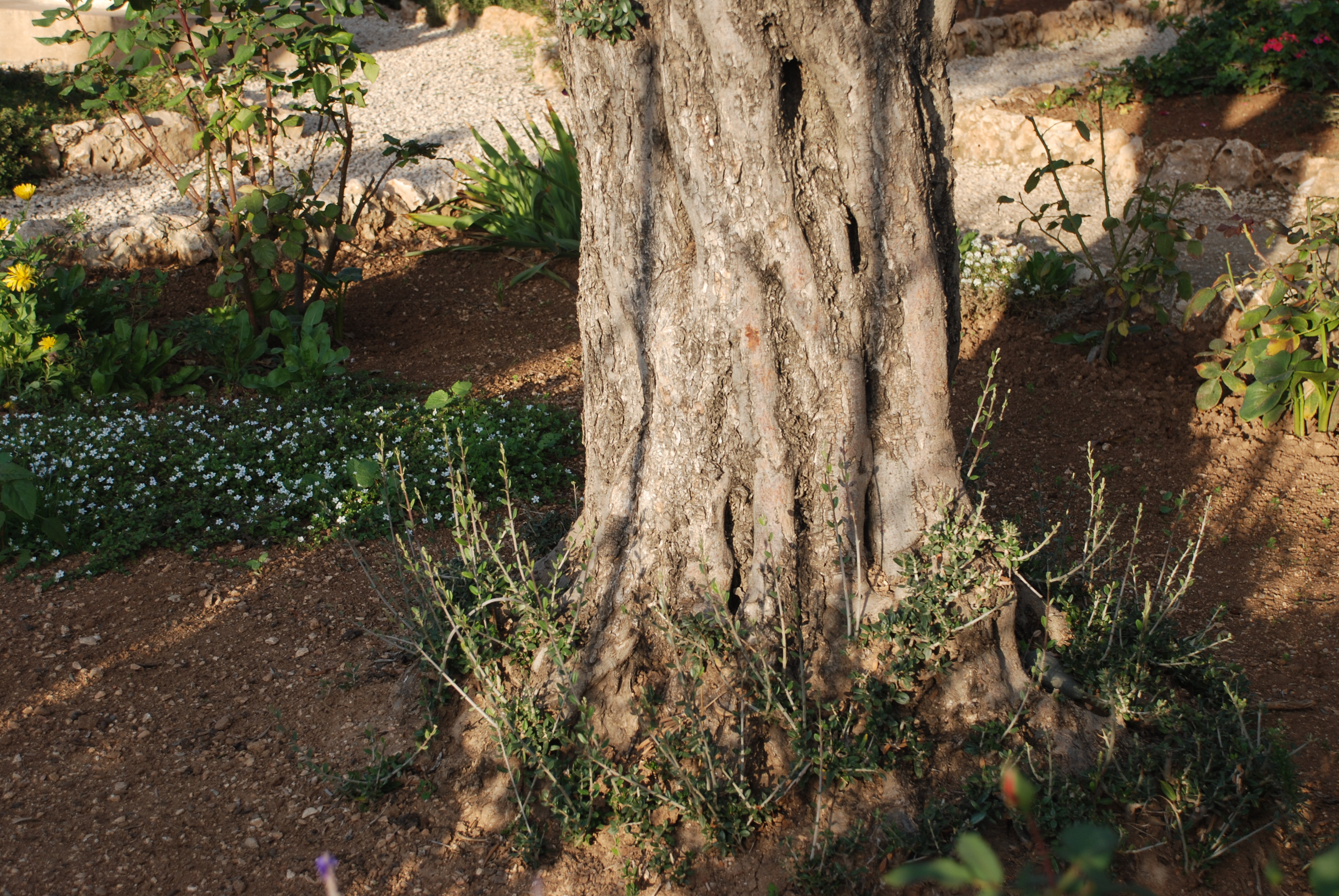Blog
“Summaries, Psalms 126-130”
Categories: Bulletin Articles
Psalm 126, like all the other psalms in this week’s reading, is a Song of Ascents—a psalm that Jewish pilgrims sang as they went up to Jerusalem. The second half of the opening line of this psalm is rendered quite differently in different translations. The ESV has “restored the fortunes of Zion”; the NASB, “brought back the captive ones of Zion”. The literal Hebrew here is “captivity”, but sometimes in Scripture it is used metaphorically of restoring fortune, as in Job 42:10.
Regardless of which translation approach is adopted, the meaning is clear. This is a psalm about the return of the captives to Judah after the Babylonian Captivity. The Jews were astounded, and all the nations around them remarked on God’s blessing for them. The psalm concludes with a prayer for further blessing, so that the people who now weep as they sow will rejoice several months from now during the time of the harvest.
Psalm 127 remarks on the futility of life without God and the blessing of living with Him. It observes that without His help, neither the work of the builder nor the watchman will be successful. Faithless people live anxious lives, but the faithful enjoy pleasant rest because of the peace He gives.
The psalm concludes with discussion of one of God’s greatest blessings—children. Just as a warrior with many arrows could be confident, so too could an Israelite with many children. Because they had their children to rely on, they didn’t have to be afraid of their enemies in the village.
Psalm 128 continues the theme of God’s blessing upon the faithful. Those who fear the Lord will be able to provide for themselves and enjoy His care through their lives. Their wives will be fertile, and they’ll have many children (the “olive shoots” imagery is basically about a bunch of suckers growing from the roots and base of an olive tree). The psalm concludes with an exchange of blessings—for prosperity in Jerusalem, for long life, and for peace.
Psalm 129 is a plea for God’s help and justice. It begins with the personified nation of Israel complaining about how others have afflicted him. The “plowing furrows” on the back of Israel in v. 3 is probably about the scars left by whipping a slave. However, Israel has been released from captivity and now looks for God to punish his oppressors. He asks God to make their prosperity like the grass that grows on a thatched roof (in our case, we might think of maple seeds sprouting in gutters). It looks green for a little while, but it soon dries out, doesn’t offer anything for anyone to harvest, and doesn’t attract blessing.
Psalm 130 is a cry to God from the depths of despair. It pleads with Him to listen and observes that if God remembered sins, no one could stand before Him. Only His forgiveness makes serving and fearing Him possible and meaningful. The psalmist says he waits for God like a night watchman waits for the coming of morning. The psalm concludes with an appeal to Israel to trust in God because of His faithful love and sure redemption.





